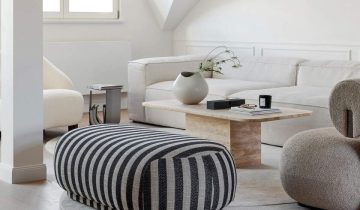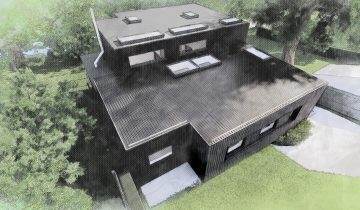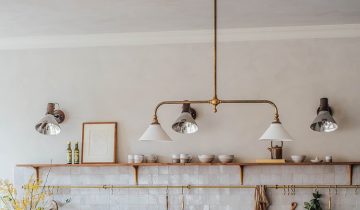Renowned education establishment West Dean is running a series of online talks to address the need to consider sustainability in design.
Sustainability is no longer an option but a necessity; in the face of the accelerating realities of climate change, resource depletion, and social inequalities, the role of designers has never been more critical. From interior design to architecture to product design, our choices today shape the world of tomorrow.
While there is a clear need for the built environment industry, representing around 40% of UK CO2 emissions, to develop environmentally sustainable practices; sustainability is more than just the environment. Sustainability is a complex relationship between the pressures of our social, cultural, economic, and environmental contexts; and incorporating sustainability into our design practices not only benefits the planet but also improves the health, well-being, and productivity of users.
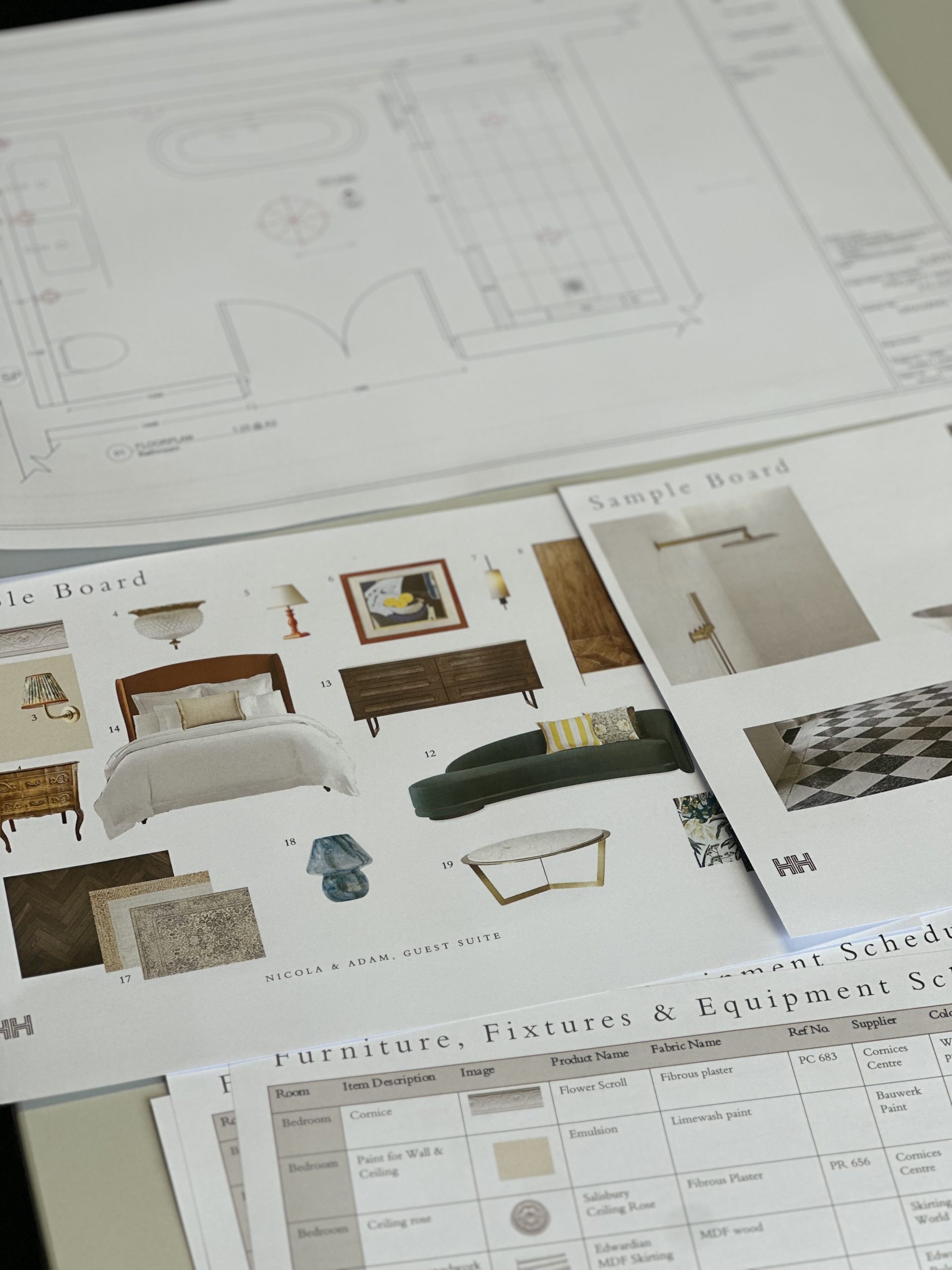
West Dean, renowned for arts, design and conservation education, is addressing the need to consider sustainability in design with a series of online talks, by industry-leading theorists and practitioners, that challenge industry professionals and educators to rethink how they approach sustainability. From the reuse of materials and products to issues of well-being, The Sustainable Designer series will inspire and provoke students and professionals to consider the future of a practice; integrating greater awareness of sustainability across social, cultural, economic, and environmental contexts.
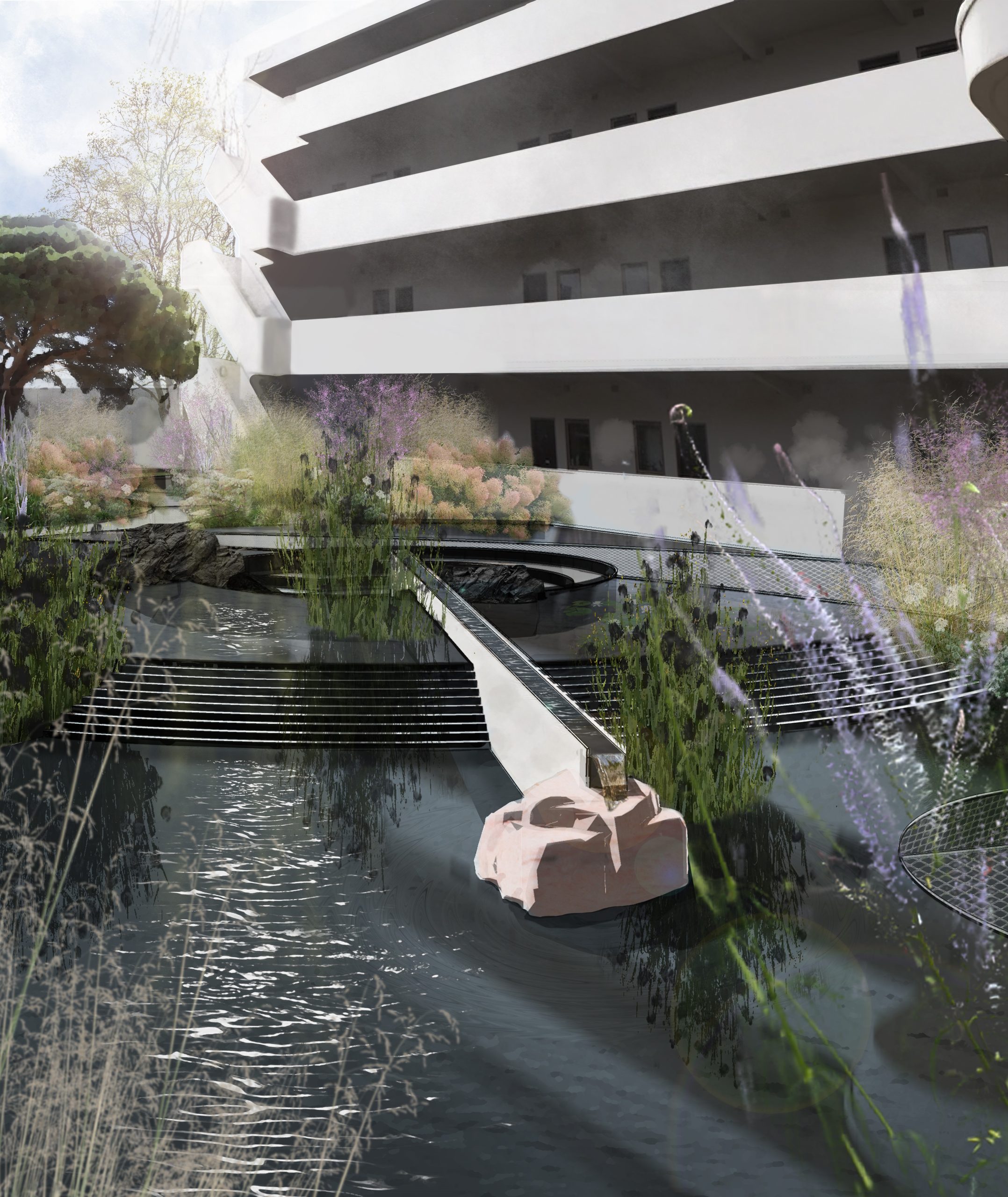
The role of design in well-being, shaping peoples mental, physical, and emotional health is a key focus of the talks. In particular, the importance of human-centered design that prioritises the needs of those living, working and interacting within spaces. The series will also explore the benefits of biophilic design, which focuses on the human connection to nature, and considers natural light, air quality, incorporating plants and the use of natural materials, shapes and forms in designs.
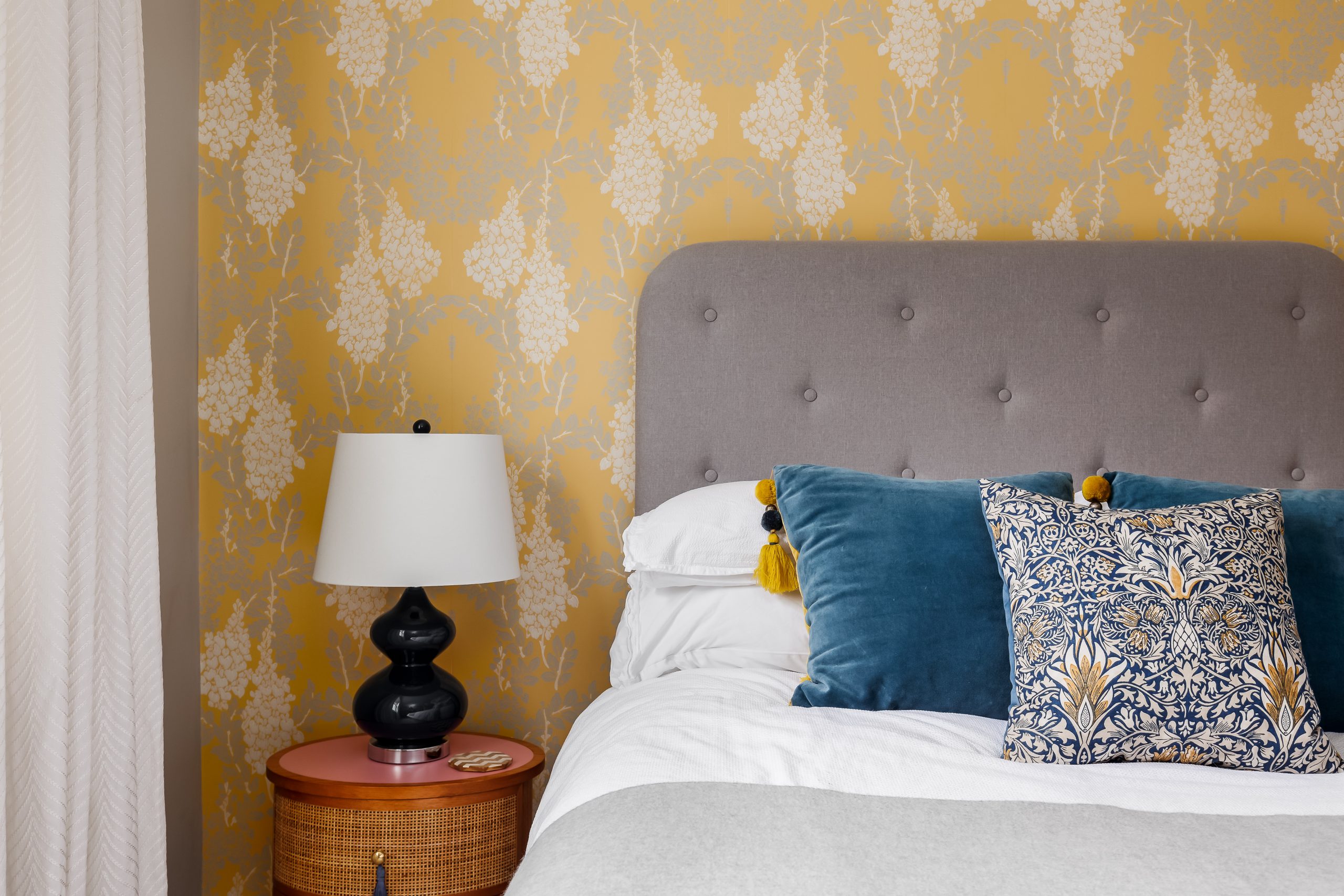
Other topics include how designers can create vegan and cruelty-free interiors that echo client values, opting for animal-free alternatives such as synthetic leathers and organic textiles and questioning how natural materials can offer a beautiful and environmentally friendly alternative to their synthetic counterparts. Similarly, questioning the relationship between luxury and consumerism, the series will challenge us to consider how upcycling offers a creative solution to waste reduction, turning discarded items into unique, functional pieces that breathe new life into interiors.
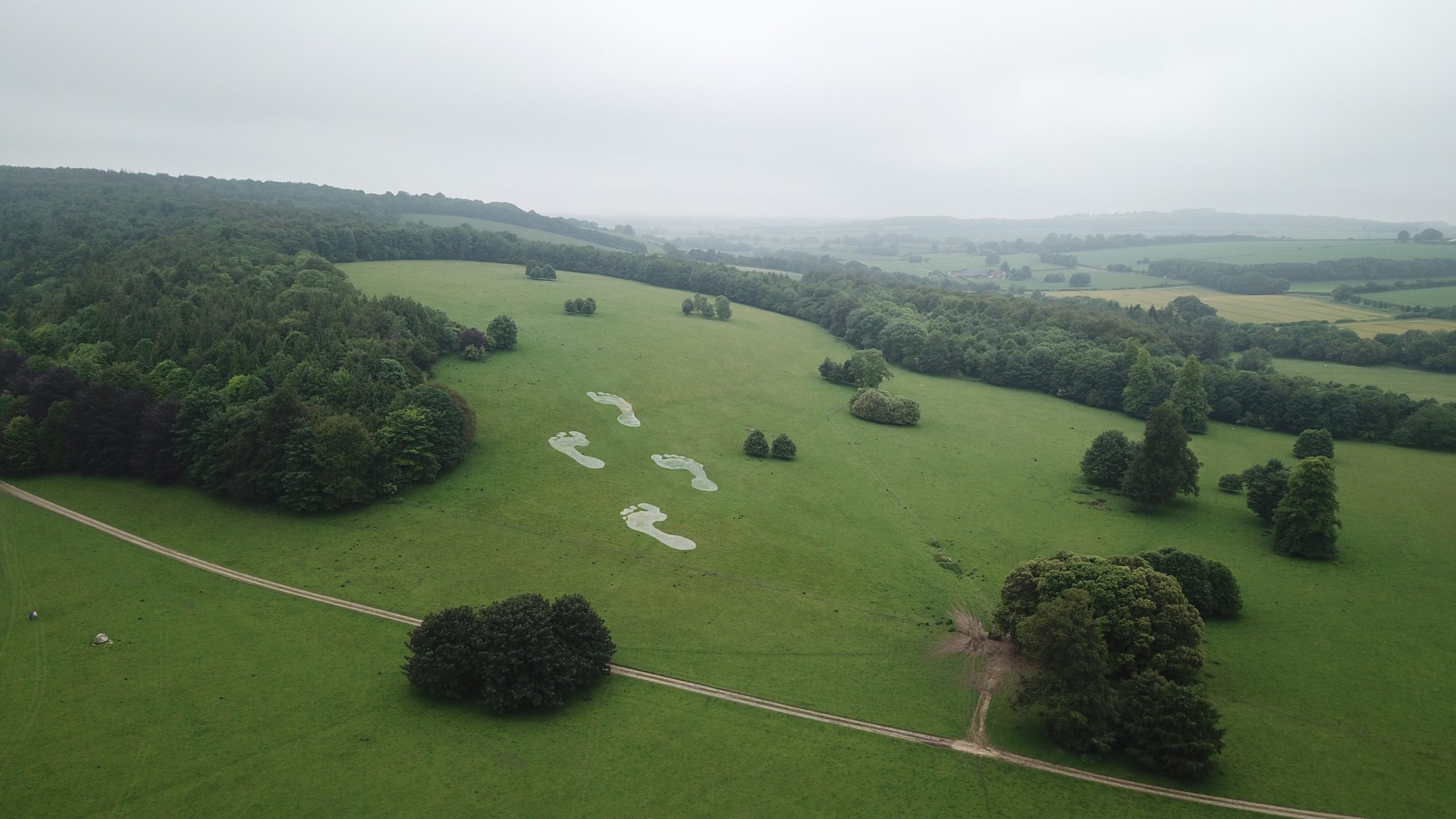
The Sustainable Designer will also cover the crucial element of how to plan and communicate sustainable design projects. The industry faces a challenge. When clients don’t see sustainable alternatives as an attractive or luxury-focused alternative, there is less incentive for manufacturers and suppliers to develop those sustainable products. We are trapped in a repeating, downward cycle. Within this context, engaging teams, clients, and the industry at large is essential for driving innovation, fostering creativity and implementing sustainable solutions.
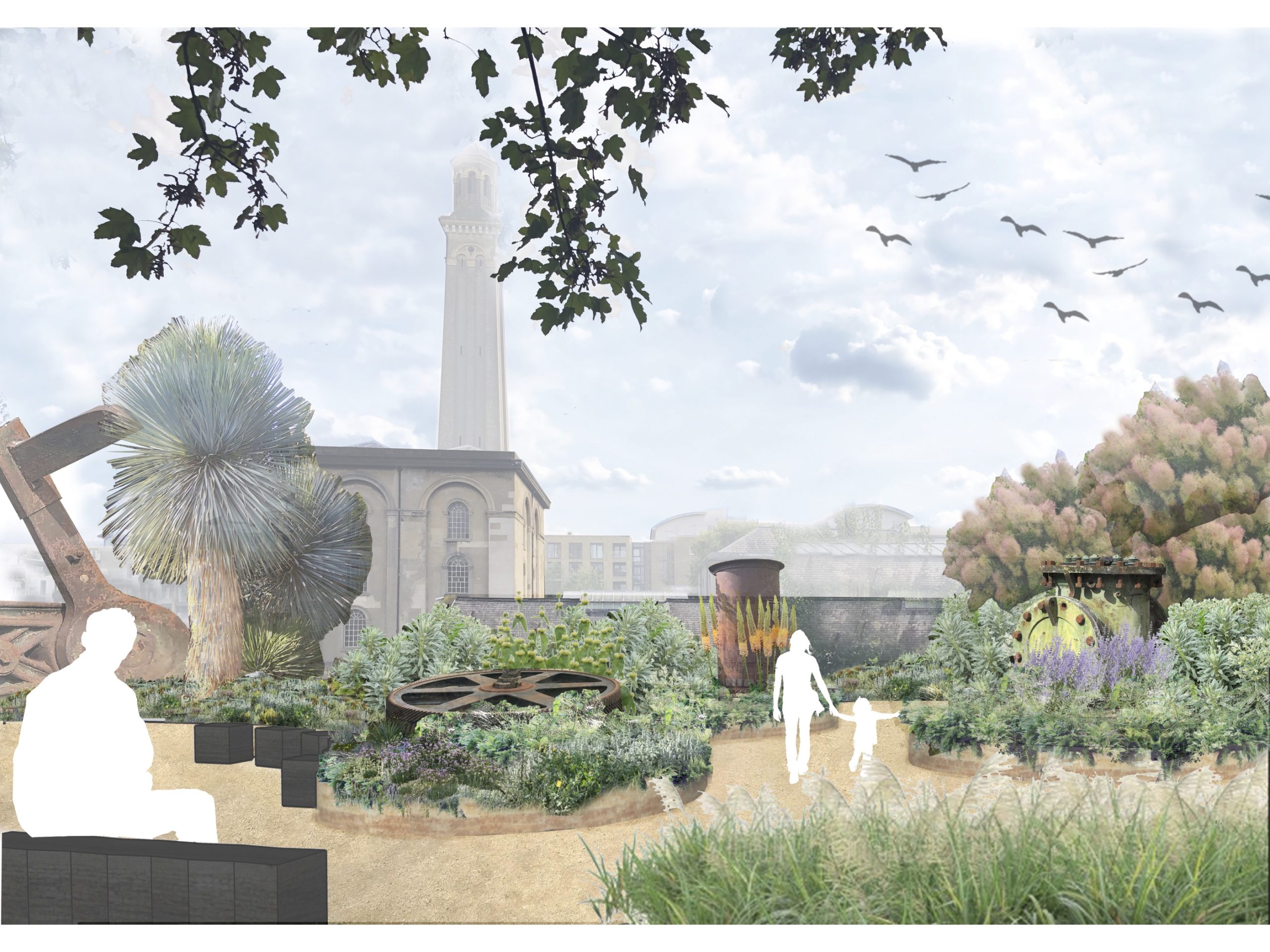
Ultimately designers need to incorporate sustainable thinking and practices into the work. By making conscious choices that consider the long-term impacts of design decisions on both human and environmental systems, designers have the opportunity to create spaces that not only meet the needs of the present but also contribute to a more sustainable future for generations to come.
The Sustainable Designer series of talks runs online from 27 September – 15 November 2024.
Purchase tickets and find out more about all West Dean’s courses at www.westdean.ac.uk.


